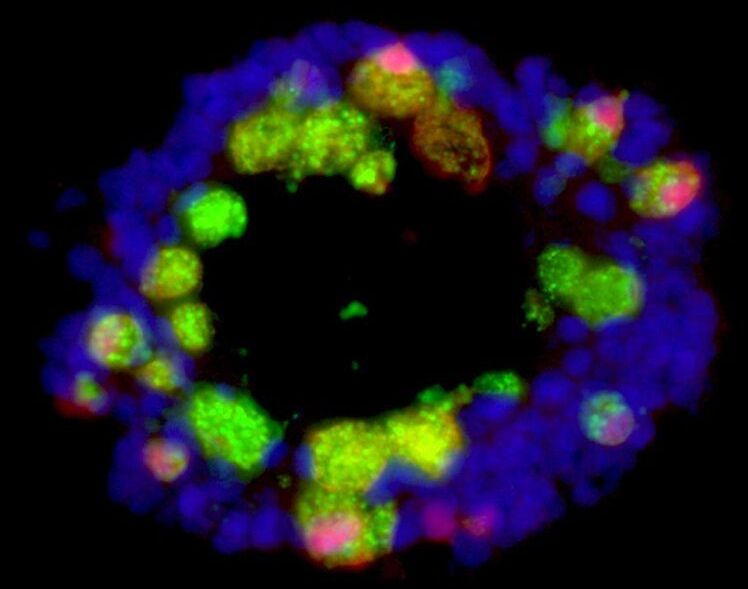“This was a short-term experiment, just eight weeks,” Liu said. “In people, obesity doesn’t occur overnight or even in eight weeks. People have a suboptimal lifestyle for 20, 30 years before they become obese. It’s possible that if you have Western diet for so long, you cross a point of no return and your Paneth cells don’t recover even if you change your diet. We’d need to do more research before we can say whether this process is reversible in people.”
Eating a Western diet impairs the immune system in the gut in ways that could increase risk of infection and inflammatory bowel disease, according to a study from researchers at Washington University School of Medicine in St. Louis and Cleveland Clinic.
The study, in mice and people, showed that a diet high in sugar and fat causes damage to Paneth cells, immune cells in the gut that help keep inflammation in check. When Paneth cells aren’t functioning properly, the gut immune system is excessively prone to inflammation, putting people at risk of inflammatory bowel disease and undermining effective control of disease-causing microbes. The findings, published today (May 18, 2021) in Cell Host & Microbe, open up new approaches to regulating gut immunity by restoring normal Paneth cell function.
“Inflammatory bowel disease has historically been a problem primarily in Western countries such as the U.S., but it’s becoming more common globally as more and more people adopt Western lifestyles,” said lead author Ta-Chiang Liu, MD, PhD, an associate professor of pathology & immunology at Washington University. “Our research showed that long-term consumption of a Western-style diet high in fat and sugar impairs the function of immune cells in the gut in ways that could promote inflammatory bowel disease or increase the risk of intestinal infections.”
